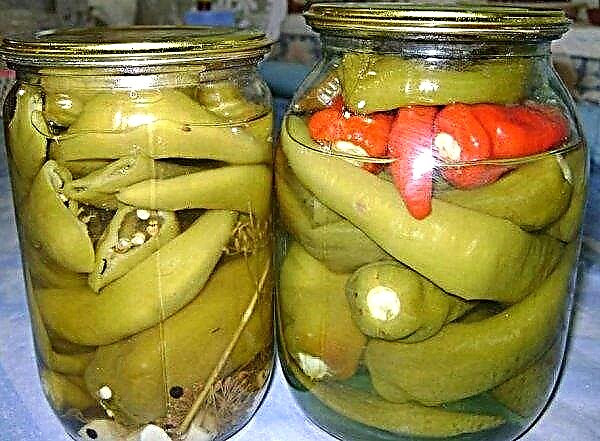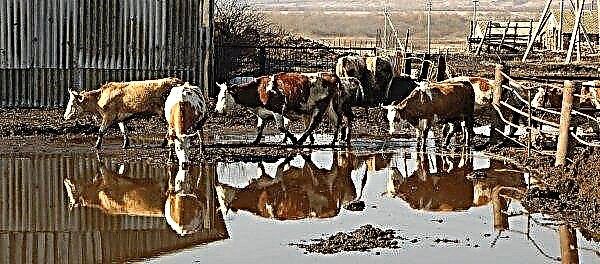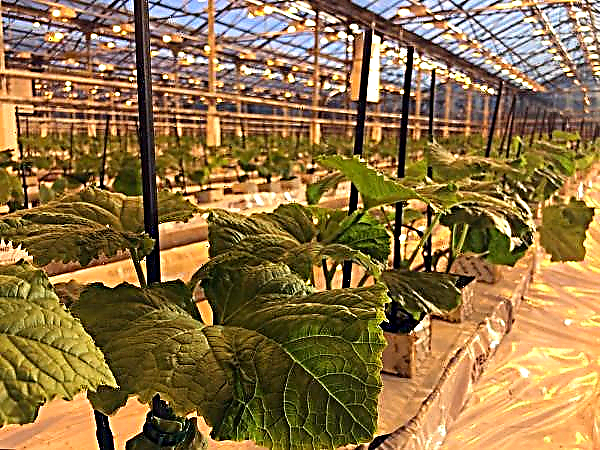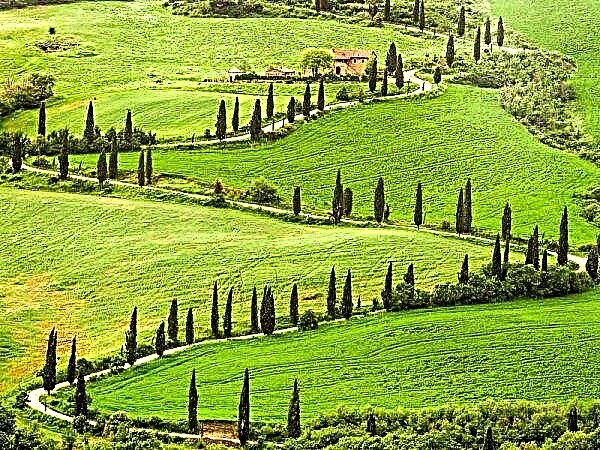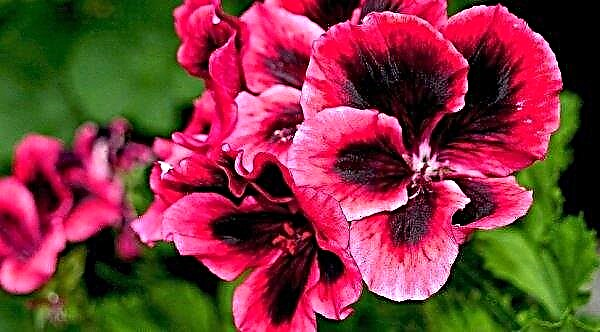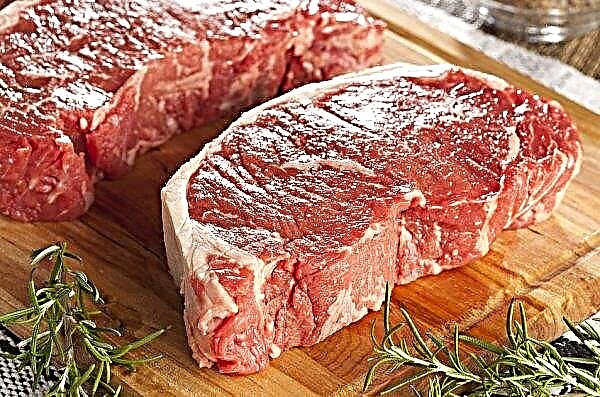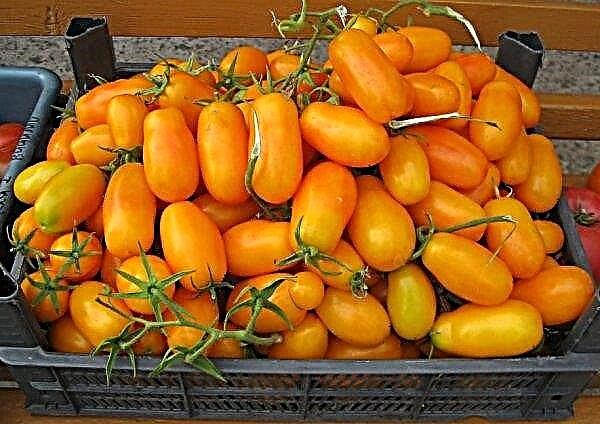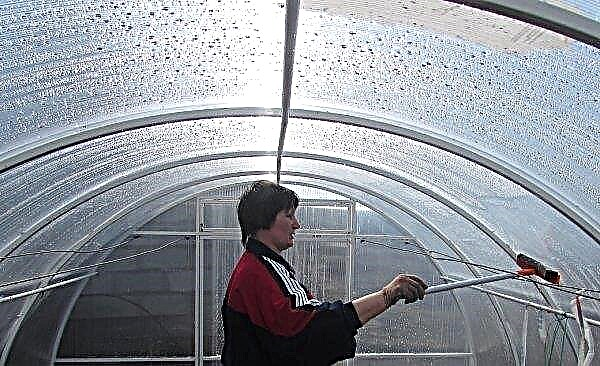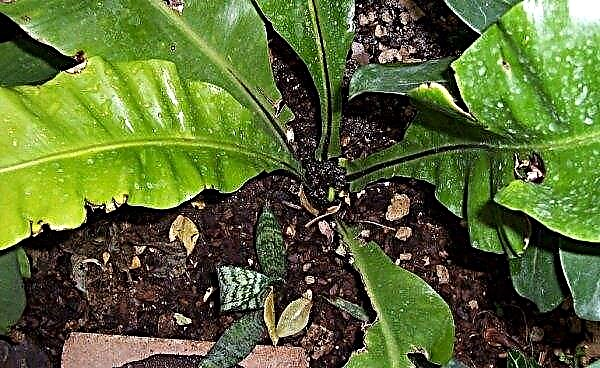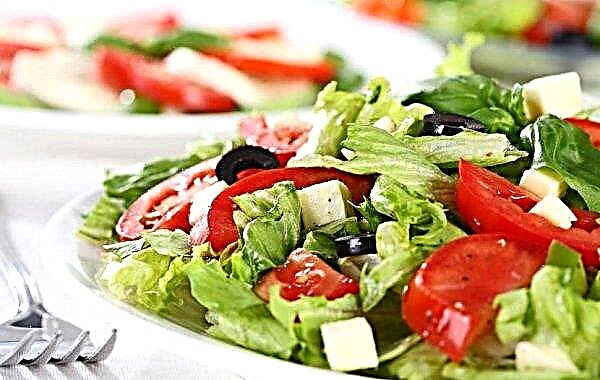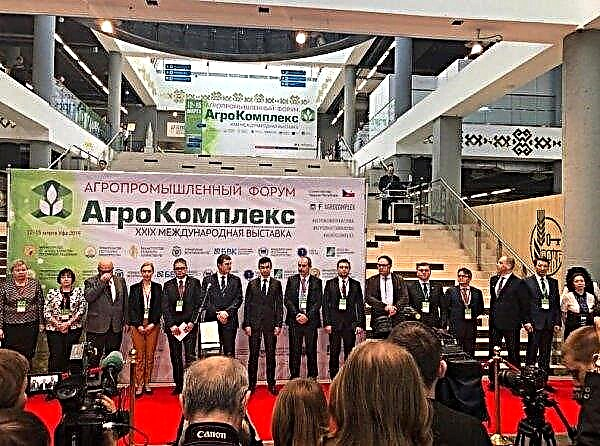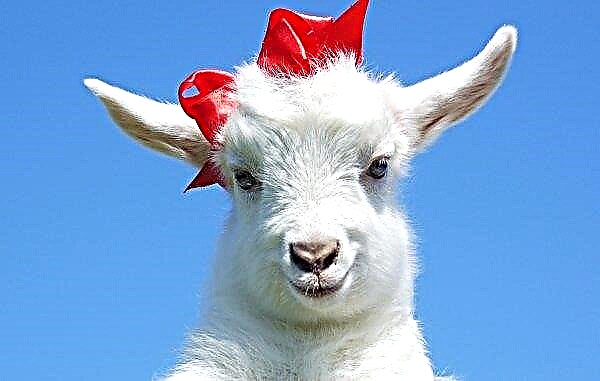In the Grass Avenue farm in the Zhytomyr Region, 11 hectares were lost. honeysuckle. It was of three varieties of simultaneous ripening and was designed for manual rather than mechanized collection. This was told by the head of Grass Valley Avenue, Oleg Vorobyov.
Direct speech: “In 2015, we planted a honeysuckle according to the 3x1 m pattern, for manual cleaning. Then it turned out that picking berries quickly and efficiently was a big problem. Not enough people. It was necessary to plant under the combine - all questions would be removed, ”he said.
According to the farmer, the decision to get rid of the honeysuckle plantation was dictated by initial mistakes.
 Some scientists claim that the smell of honeysuckle helps to cope with stress and nervousness.
Some scientists claim that the smell of honeysuckle helps to cope with stress and nervousness.
Direct speech: “We uprooted the honeysuckle because of our mistakes, and not because it is a bad culture. The culture is normal, right. In my opinion, its berry should be collected for processing, ”Oleg Vorobyov explained. Instead of uprooted plants, blueberries were planted. Now it occupies 54 hectares.
Earlier it was reported that honeysuckle is one of the most promising niche berry crops, given the combination of processing parameters and the fresh market. It can be grown in all regions of Ukraine, except the southern and Transcarpathia, where it is too warm in winter.
The hindering factor in growing honeysuckle in Ukraine is the lack of market distribution.
- Liliana Dmitrieva, director of the Brusvyana cattery, shared information that honeysuckle is becoming increasingly popular in Ukraine.
- The farm "Lada", which is located in the village of Omelno Kivertsy district of the Volyn region will grow honeysuckle.
- According to EastFruit project experts, a drop in the cost of blueberries has been recorded in Ukrainian markets.
- Very soon, commercial projects on the low-cost cultivation of blueberries will appear on the territory of Ukraine with a view to further processing.
- Researchers at the University of Seville's Higher Technical School of Agronomic Engineering have discovered that they have become the causative agent of red-brown blueberry cancer, which causes red-brown ulcers on plants and many other consequences.

